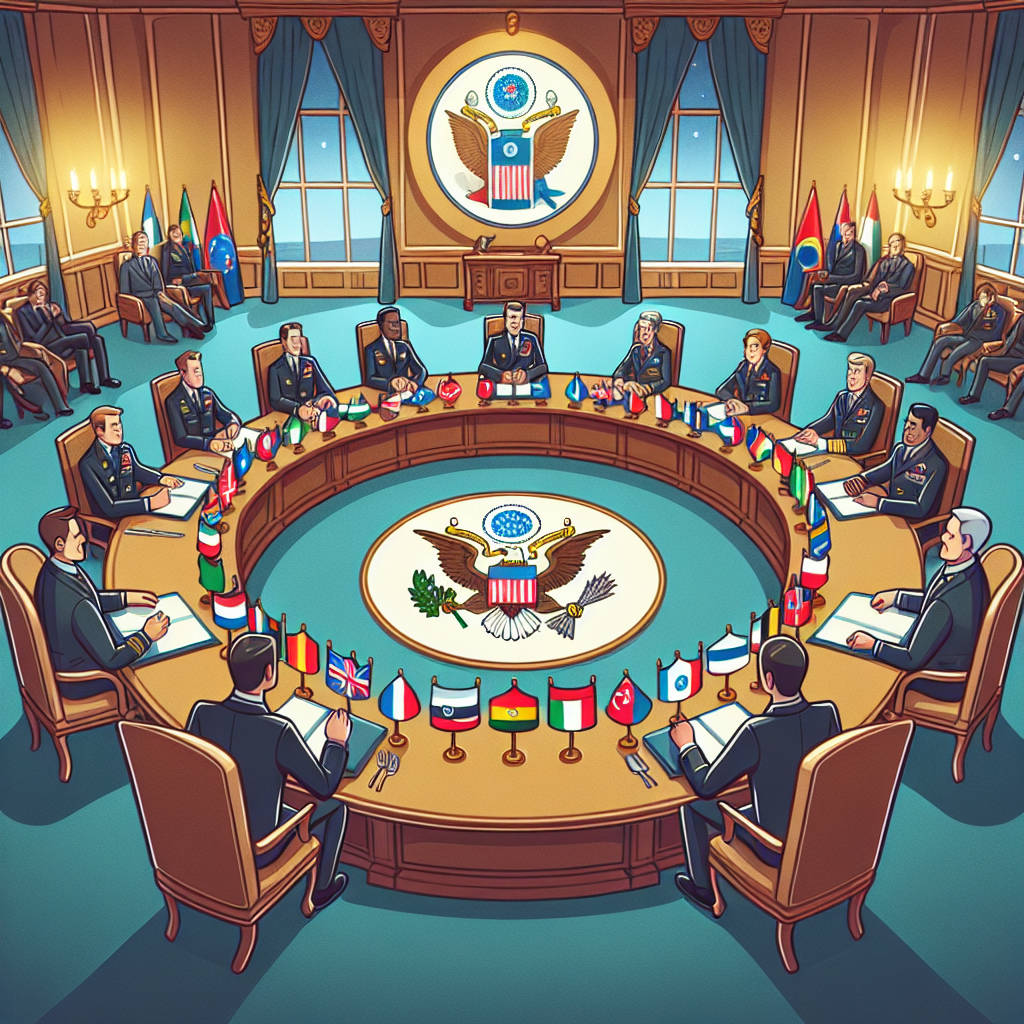NATO Strengthens Defense With $700 Million Stinger Missile Contract
NATO has signed a $700 million contract for member countries to produce more Stinger missiles, enhancing defense manufacturing capabilities amid global uncertainties. Outgoing NATO Secretary General Jens Stoltenberg emphasized the importance of a strong defense industry. This move comes as part of broader efforts to ensure member countries can counter future threats.

- Country:
- United States
NATO has secured a nearly $700 million contract for member nations to boost the production of Stinger missiles, marking a significant step discussed at the alliance's summit in Washington to enhance each country's weapons manufacturing capabilities.
Outgoing NATO Secretary General Jens Stoltenberg revealed the contract on Tuesday during an industry-focused day at the Chamber of Commerce, emphasizing the necessity of a robust defense industry for a strong defense.
The new agreement is part of NATO's broader strategy amid global uncertainties and aims to ensure member countries can adequately respond to future threats.
The Stinger missiles, produced by Raytheon, serve as a portable surface-to-air defense system. This weapon system gained prominence when the US sent it to Ukraine following Russia's 2022 invasion.
At the summit, concerns about the stability of US support were evident, partially due to internal political divides delaying aid for Ukraine and the looming presidential election. Donald Trump, the presumed Republican nominee, has controversially suggested leniency towards NATO members not meeting their defense spending commitments.
The increasing commitments come as the US and other allies have spent billions in military aid to Ukraine, stretching their resources thin. National security adviser Jake Sullivan stressed the alliance's unanimous pledge to bolster their industrial defense capabilities to prioritize essential defense equipment production during conflicts.
Two NATO officials, on condition of anonymity, disclosed that the summit's agenda includes each member's promise to submit annual defense industrial plans detailing their strategies to enhance internal weapon production. The approach will vary by country, reflecting the differing capacities and industrial partnerships across the alliance.
(With inputs from agencies.)
ALSO READ
Biden Commends Modi's Historic Ukraine Visit and Stresses US-India Partnership
Biden Commends Modi’s Historic Ukraine Visit Amid Talks on Global Challenges
Russian Black Sea Fleet's Aviation Drills Amidst Ukraine Conflict
Zelenskiy's Strategic U.S. Visit Amidst Escalating Ukraine-Russia Tensions
Bridging Agricultural Gaps in Conflict: The Success of Ukraine’s Digital Support Programs










